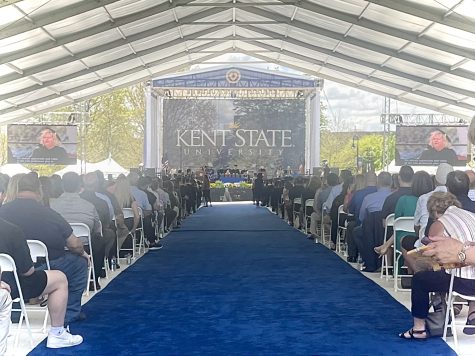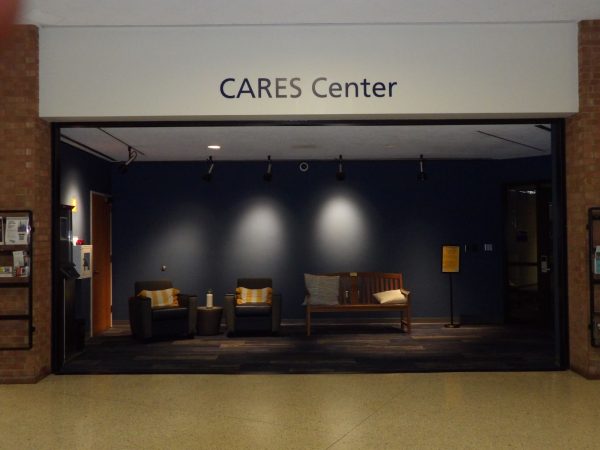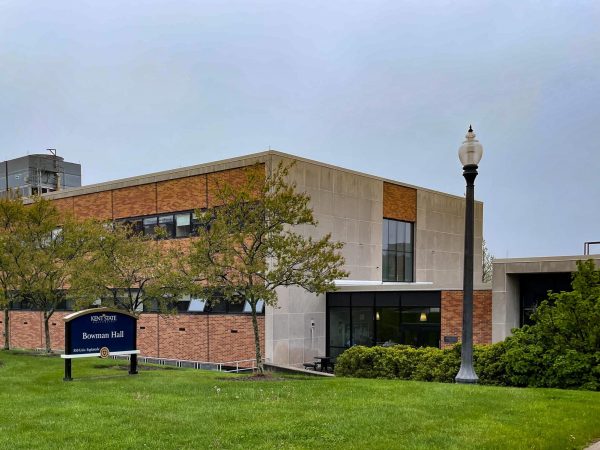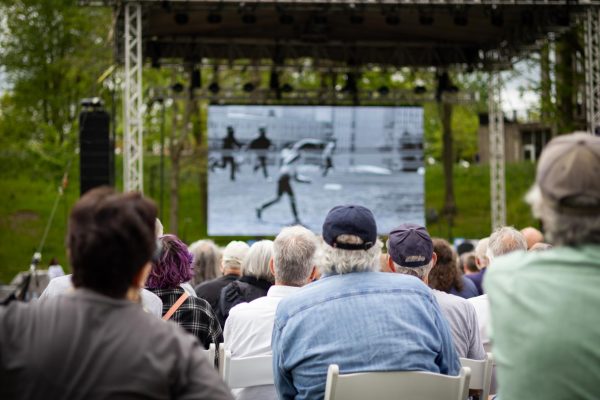Letters to the editor
April 16, 2007
Custodians overlooked by students, employees overlooked by Lefton
Dear editor,
I want to know why President Lester Lefton doesn’t feel it is important to attend employee functions.
I understand that students are considered the No. 1 priority on campus, and it’s true. We are here because of them; however, we (custodians) are important, too.
Recently Kent State held a Division of Business and Finance Quality Service Award ceremony. President Lefton was not in attendance. Why? Dr. Cartwright made the effort to share our recognition of our spectacular employees, even if it was only for 15 minutes.
Human Resources is hosting the 20-Year Club dinner on June 14. Will Lefton be there or traveling Europe instead? Employees inducted into the 29-Year Club have always had their picture taken with the president. Who will we have our picture taken with this year? Since Dr. Cartwright is still on the payroll, maybe she can come.
Aren’t we important? I’m not asking for much, just a few minutes of your time. I am proud to be a Kent State employee, and I want the president to share my pride. Thank you.
Diana Heldt
Campus Environment and Operations
Student culture surrounding alcohol needs to change
Dear editor,
In “Wake up and smell the vodka,” the Stater editorial board called on administrators and legislators to consider “all causes and all effects” in the ongoing and largely unsuccessful “battle” over underage alcohol use. On April 13, the Stater published a guest column that lamented the ‘exaggeration’ of underage drinking.
These two ideas, lowering the drinking age and denying the existence of a problem, fail to address a fundamental issue – a normative student culture that both honors alcohol use and rarely condemns alcohol misuse. It is normal to drink alcohol. But when norms about its use center on alcohol as the basis for social interaction, the age of legal use is irrelevant. Lowering the drinking age will not change the culture. Denying the reality of peer norms will not alter the risks.
If you think these norms are only imaginary, try the Pop Experiment: At your next party, carry a soft drink, not an easily-accessible cheap beer. Make mental notes about how other party-goers react to your beverage choice. What comments do you hear? What questions are you asked? It is normal to drink pop but not at student parties. Rather, the norm is lots of cheap beer. Groupthink prevails. It is difficult, I am told, to find pop at a party. Nor surprisingly, it is almost impossible to think critically and independently, objectively and personally in this tribal environment.
The threats to college student freedom come not from hand-wringing health terrorists or the enforcement of the law, but from the student culture in general and peer norms in particular. Given the power of these norms, who’s calling the shots? We have a drinking problem because we have a thinking problem. Personal liberation rises above Groupthink and makes decisions about alcohol based on self-determined goals and values.
Frank Robinson
Kent resident























